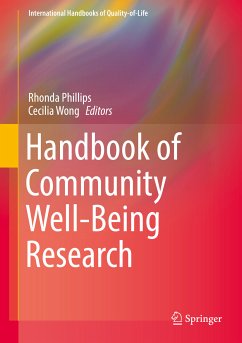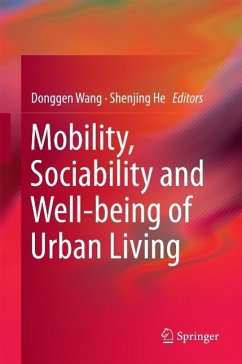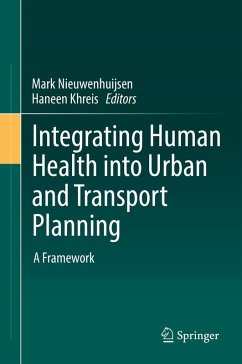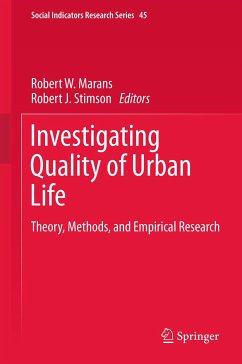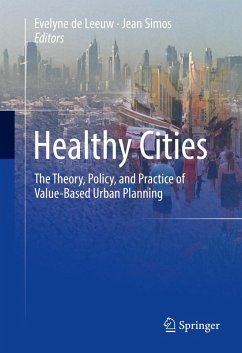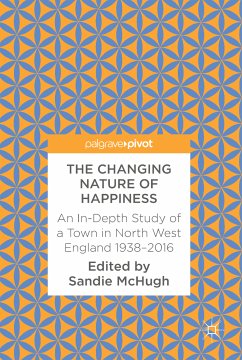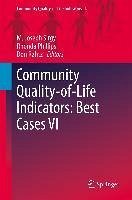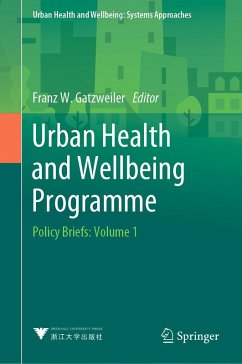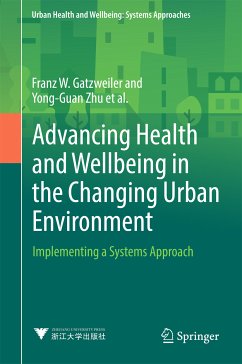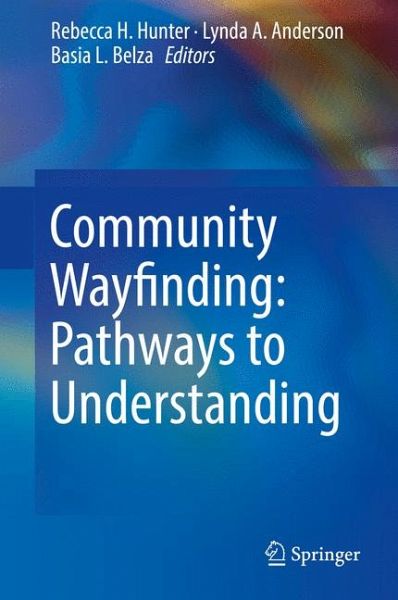
Community Wayfinding: Pathways to Understanding (eBook, PDF)

PAYBACK Punkte
56 °P sammeln!
This book examines wayfinding from a broad public health perspective and articulates what needs to be done to create better wayfinding for all people regardless of age, ability, or mode of transportation. Addressing both science and the human experience, the book brings together a group of international experts to examine community wayfinding from a variety of viewpoints. It first presents a critical foundation for understanding wayfinding from an individual perspective. Next, it describes relevant design principles and practices by drawing upon architecture, environmental graphic design, uni...
This book examines wayfinding from a broad public health perspective and articulates what needs to be done to create better wayfinding for all people regardless of age, ability, or mode of transportation. Addressing both science and the human experience, the book brings together a group of international experts to examine community wayfinding from a variety of viewpoints. It first presents a critical foundation for understanding wayfinding from an individual perspective. Next, it describes relevant design principles and practices by drawing upon architecture, environmental graphic design, universal design (UD), and urban planning. The book then goes on to examine wayfinding tools and innovative technologies ranging from maps to apps to complex systems. In addition, coverage includes case studies, lessons from wayfinding improvement initiatives, and recommendations for future research, practice, and policy.
Overall, the book focuses onthe economic and commercial benefits of good wayfinding, its potential impact on the health of individuals and communities, as well as strategies for the journey ahead. It will appeal to numerous professionals across many disciplines from architecture and cartography to public health and urban planning. Additionally, the book can help advance a dialogue among those interested in enhancing the livability of their communities.
Dieser Download kann aus rechtlichen Gründen nur mit Rechnungsadresse in A, B, BG, CY, CZ, D, DK, EW, E, FIN, F, GR, HR, H, IRL, I, LT, L, LR, M, NL, PL, P, R, S, SLO, SK ausgeliefert werden.



